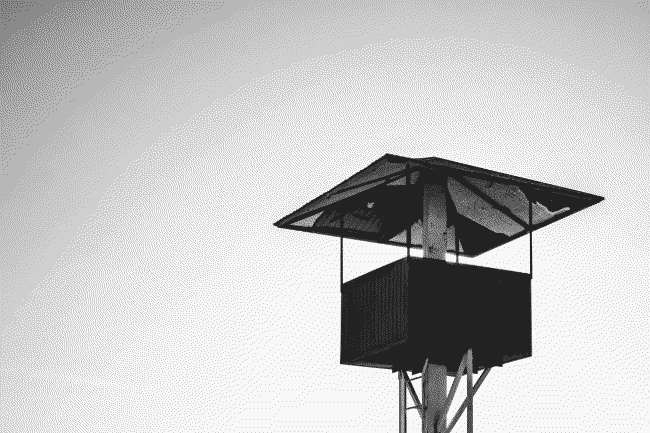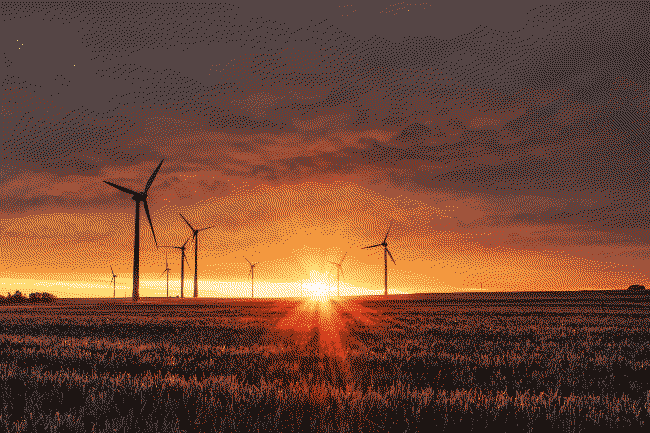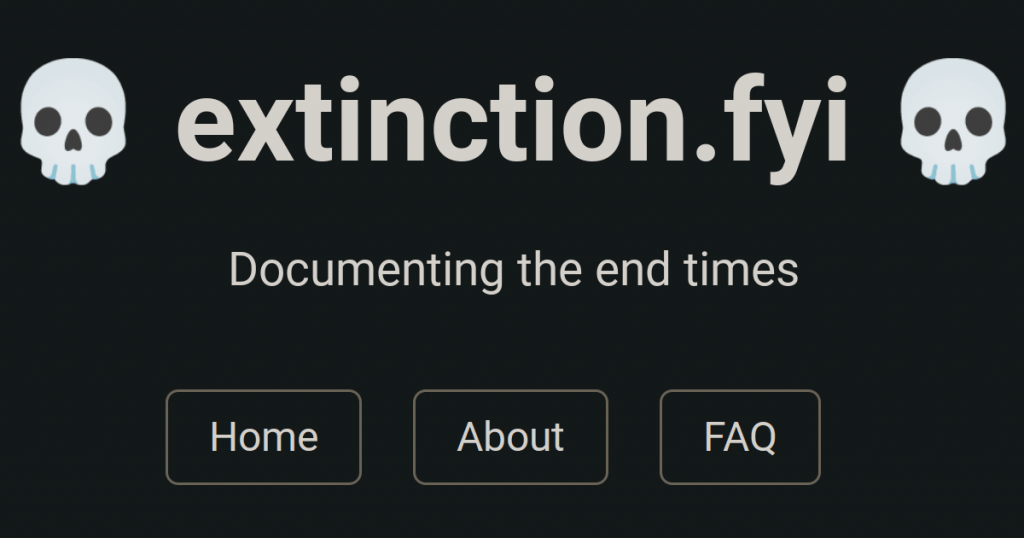The End of Vigilance

A few months before the pandemic came to obliterate what previously counted as ‘normal life’, a friend of mine died. He passed away peacefully and unexpectedly in his sleep and so never knew the ferment of the last 18 months.
For those of us left behind, life continues as something between a simmer and a rolling boil, with us uncertain as to when and how we should ever relax. We remain eternally vigilant, but without the spoons to do anything with our hyper-awareness.
In a recent newsletter Stowe Boyd includes an article quoting a doctor describing the condition in which many of us find ourselves:
“When people are under a long period of chronic, unpredictable stress, they develop behavioral anhedonia,” Dr. Wehrenberg said, meaning the loss of the ability to take pleasure in their activities. “And so they get lethargic, and they show a lack of interest — and obviously that plays a huge role in productivity.”
Earlier this week, feeling like I needed to do something with my life, I took some time to complete the Get Off Autopilot worksheet provided by The Fioneers. Of the six areas covered, my satisfaction levels were lowest for ‘fun and play’. If I’m suffering along with others from behaviour anhedonia it would certainly explain why I’m filling my free time with video games and not, say, learning a new language or instrument.
It’s doubly-difficult at the moment for parents. We’re exhausted. In early September, despite Covid cases being 26 times higher than this time last year, we’ll be waving our kids off to school each morning. At 14 and 10, respectively, they’re unvaccinated. The chances of them catching Covid isn’t 100% but it isn’t far off, especially as the viral load of the Delta variant is 300 times that of the original strain. I try to comfort myself with studies tentatively showing that catching and recovering from Covid gives 13 times more immunity than vaccination. But in my heart of hearts, I don’t want our sporty-but-mildly-asthamtic kids to catch it. Of course I don’t.
Writing in The Atlantic, Dan Sinker, who I had the pleasure of working with for a time at Mozilla, comments on being a US-based parent sending their kid back to school:
It’s a real monkey’s-paw situation, because, as a parent, all I’ve wanted for a year and a half is for my kids to go back to school—for their sake and for mine—but not like this. Now I’m stuck wishing that the thing that barely worked last year was still an option, because what’s looming is way worse.
He goes on to say something that I’ve felt for a while but haven’t dared to express: that parents are past breaking point. When you don’t feel like you can adequately prevent harm for your offspring but merely deal with its consequences, this has a devastating effect on your mental health:
All this and parents are somehow expected to be okay. We are expected to send our kids off into God knows what, to work our jobs and live our lives like nothing’s wrong, and to hold it all together for months and maybe now for years without ever seeing a way out. This is not okay. Nothing is okay. No parent is okay, and I’m not sure how we come back from this.
Parents aren’t even at a breaking point anymore. We’re broken. And yet we’ll go on because that’s what we do: We sweep up all our pieces and put them back together as best we can. We carry on chipped and leaking and broken because we have no other choice. And we pray that if we can just keep going, our kids will survive too.
Given the ages of our kids, my wife and I can’t work and homeschool without remote learning being provided by schools. Now that’s off the table, we have no choice but to send them into the Covid swamp if we want to survive economically. We’ve tried to limit their screen time. We’ve tried to ensure they don’t gain too much weight. We’ve spent a small fortune on sending them to various sports camps over the summer.
Right now, I’m doing the mental equivalent of crossing my fingers and hoping for the best. Eighteen months into this pandemic, I’m burned out as a worker, as a parent, and as a functioning member of society. My concentration span is non-existent and my anxiety levels are through the roof.
In the early weeks and months of the pandemic, there was hope that a ‘new normal’ would emerge from this mess that would give workers stronger rights, reset our collective relationship with capitalism, and would help fix the climate emergency. I was optimistic about these back then; now, not so much.
Yesterday, I happened to revisit David Foster Wallace’s 2005 commencement speech. In it, he talks about one of the values of a liberal arts education being able to switch your attention from the self-centred universe we all inhabit towards providing some empathy for others:
But most days, if you’re aware enough to give yourself a choice, you can choose to look differently at this fat, dead-eyed, over-made-up lady who just screamed at her kid in the checkout line. Maybe she’s not usually like this. Maybe she’s been up three straight nights holding the hand of a husband who is dying of bone cancer. Or maybe this very lady is the low-wage clerk at the motor vehicle department, who just yesterday helped your spouse resolve a horrific, infuriating, red-tape problem through some small act of bureaucratic kindness. Of course, none of this is likely, but it’s also not impossible. It just depends what you want to consider. If you’re automatically sure that you know what reality is, and you are operating on your default setting, then you, like me, probably won’t consider possibilities that aren’t annoying and miserable. But if you really learn how to pay attention, then you will know there are other options. It will actually be within your power to experience a crowded, hot, slow, consumer-hell type situation as not only meaningful, but sacred, on fire with the same force that made the stars: love, fellowship, the mystical oneness of all things deep down.
What he describes is a Stoic ideal to which I aspire but feel I can no longer attain. The words on the page which I agree with in my head I find it harder and harder to feel in my heart.
I can see an empathy gap widening in our society: one which lets in demagogues who exploit our mushy pandemic mental states to promise a better world. This world will be one filled with borders, security, and a strict hierarchy. And we’ll accept it, just so someone else can be vigilant on our behalf.
Image from an original by Josué AS


